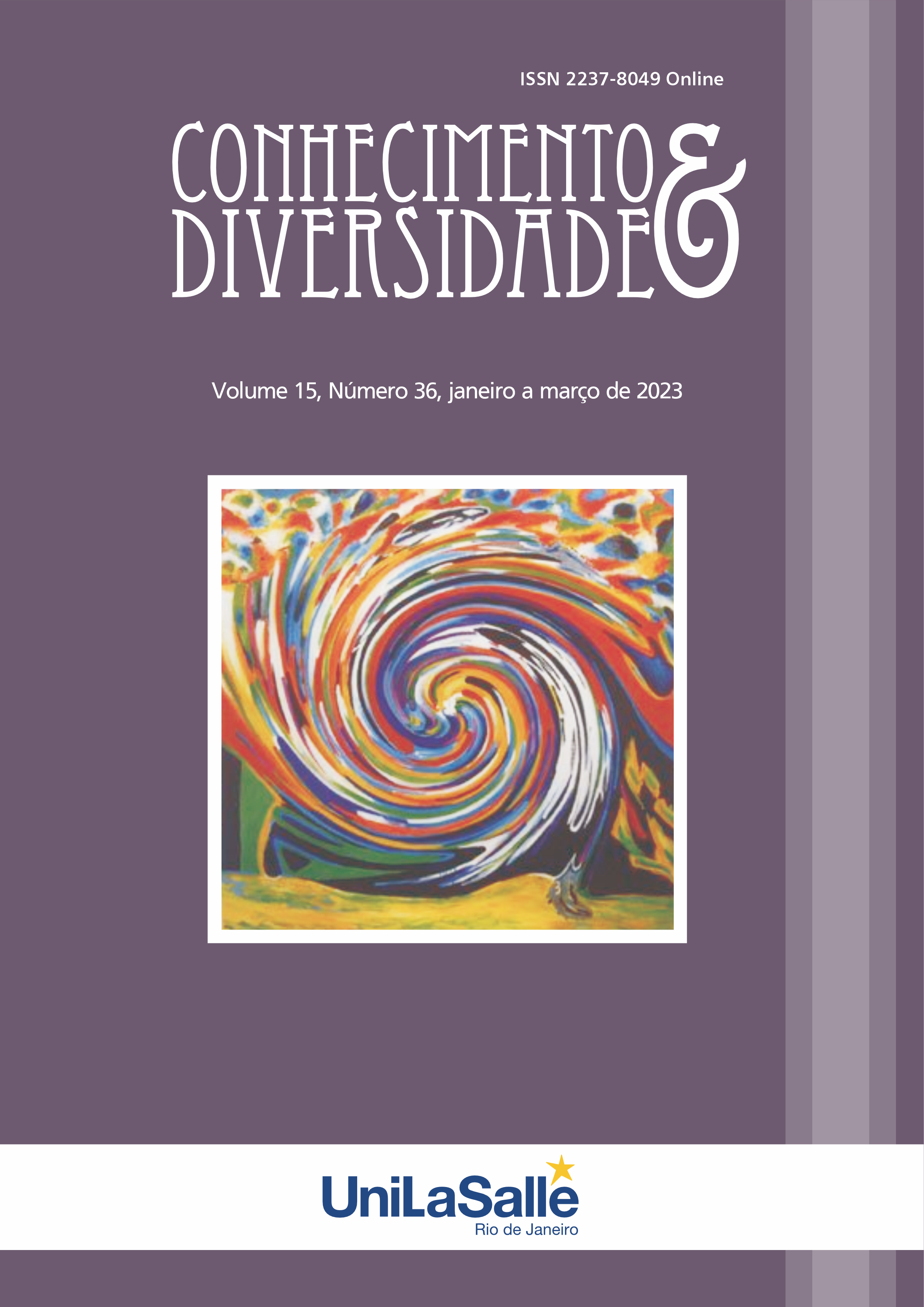THE SAUDI WOMEN’S EMPOWERMENT LEVEL AND SUSTAINABLE DEVELOPMENT IN LIGHT OF SAUDI'S VISION 2030
DOI:
https://doi.org/10.18316/rcd.v15i36.10839Keywords:
Women empowerment, Sustainable development, The kingdom’s vision 2030.Abstract
The current research seeks to investigate the level of empowerment of the Saudi women and its effect on sustainable development considering Saudi Arabia’s vision 2030. To reach these objectives, a descriptive-analytical method was implemented. For collecting data, a questionnaire was designed and distributed to women entrepreneurs in the Kingdom of Saudi Arabia. The findings of the study revealed that Saudi women could construct new entrepreneurial businesses that contributed to increasing sustainable development as well as satisfying the demands of the labor market. Additionally, women's entrepreneurial work has also contributed to the recruitment of additional workforces over the past few years. The current research recommends that Saudi women need to implement a variety of entrepreneurial projects and provide due care to these projects. Increasing Saudi women’s participation in the workforce in its various sectors is the key to economic empowerment. As part of Saudi Arabia's vision 2030, a national strategy should be developed which ensures Saudi women’s significant role in entrepreneurship and enhance their ability to achieve sustainable development.
References
Account, A. & Glower, A. (2017). Women in management and leadership in the kingdom of Saudi Arabia", Economic Inquiry 56.
Ali, Al. (2016). Entrepreneurship is the industry of the twenty-first century. United Arab Emirates: University Book House.
Ambrish, D. (2014). Entrepreneurship development: An Approach to Economic Empowerment of Women. International Journal of Multidisciplinary Approach and Studies. 1, 224-232.
Bawab, R. (2014). Professional competencies are necessary for university faculty members from the point of view of students (the University of Jijel as a model). Unpublished Ph.D. thesis. The University of Sétif. College of Humanities and Social Sciences. Algeria.
Bilal, S. (2006). Small and entrepreneurial projects. Jordan: OECD publications.
Carneiro, A. (2007). What is required for growth? Emerald Group Publishing Limited, Business Strategy Series. 8, 51-58.
Dobbs, M. & Hamilton, R. (2007). Small business growth: Recent evidence and new directions, International Journal of Entrepreneurial Behaviour & Research. 13, 296-332.
Fayez, Al. & Abdul Sattar, Al. (2014). Entrepreneurship and small business management. Jordan: Dar Al-Hamid for Publishing and Distribution.
Hattab, H. (2012). Towards understanding female entrepreneurship in Middle Eastern and North African countries, Education, Business, and Society. Contemporary Middle Eastern Issues. 3, 171-186.
Joseph, M. (2013). Critical theory for women empowerment through ICT Studies. Qualitative Research Journal. 13, 163-177.
Khan, M. (2013). Mapping entrepreneurship ecosystem of Saudi Arabia. World Journal of Entrepreneurship, Management, and Sustainable Development. 9, 28-54.
Kulkarni, V. (2011). Women’s empowerment and microfinance An Asian perspective study. International Fund for Agricultural Development.
Malhotra, A. (2002). Measuring women's empowerment as a variable in international development, World Bank, Gender and Development Group. Washington DC.
Muzna, Al. (2019). The Role of Saudi women in achieving Saudi Arabia’s vision 2030: Challenges and Ways to Face Them - An Exploratory Study. Saudi Arabia. Institute of Public Administration.
Paramanandam, D. & Packirisamy, P. (2015). An empirical on the impact of micro-enterprises on woman empowerment. Journal of Enterprising Communities: People and Places in the Global Economy. 9, 298-3014.
Rasha, El. & Mansour, M. (2010). Gender and dimensions of women's empowerment in the Arab world. Arab Women Organization. Cairo: Arab Republic of Egypt.
Razan, A. (2016). Empowerment administration. Faculty of Economics. Damascus University: Damascus, Syria.
Samir, A. & Mazen, A. (2013). Challenges facing entrepreneurship among youth in Palestine. University of Palestine Research and Studies Journal, (5). 88-108.
Sen, A. (1987). The standard of living. (Hawthorne G). Cambridge: Cambridge University Press, 125.
Sheikha, Al. (2016). Academic requirements accompany women’s empowerment in leadership positions at the University of Hail. Arab Studies in Education and Psychology - Saudi Arabia Journal, (185), 69-212.
Downloads
Published
Issue
Section
License
Copyright (c) 2023 Conhecimento & Diversidade

This work is licensed under a Creative Commons Attribution 4.0 International License.
As recommended by the Public Knowledge Project, RCD adopts for its articles a CREATIVE COMMONS Attribution CC BY 4.0 license.
This license allows others to distribute, remix, adapt and build upon your work, even commercially, as long as they credit you for the original creation.
This is the most appropriate license offered.
Recommended for maximum dissemination and use of licensed materials.



